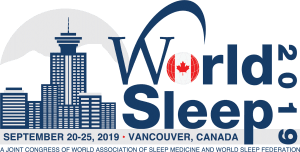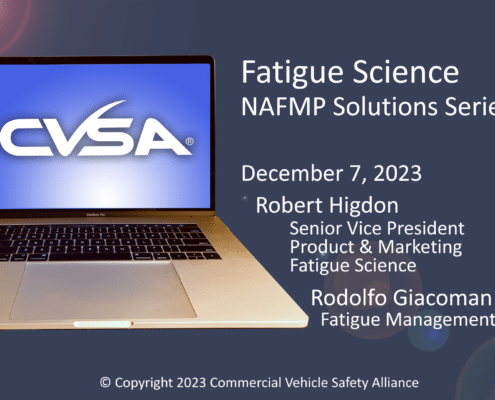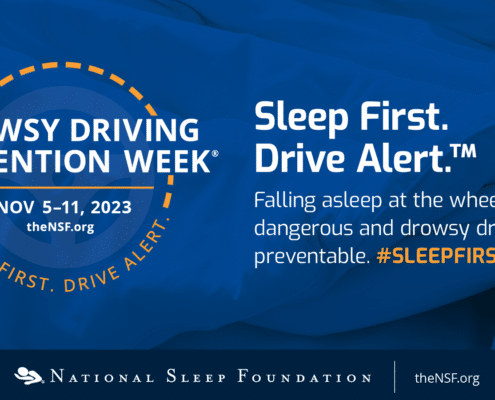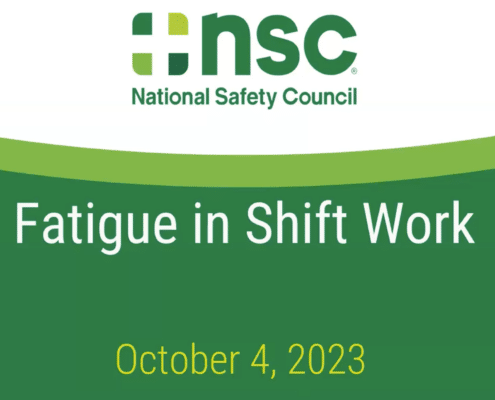A Look at the Keynotes of World Sleep 2019

This year, the World Sleep Congress took place from September 20th – 25th in Vancouver, British Columbia, Canada. Fatigue Science was in attendance to unveil the new Readi application, and with Vancouver being our home city, the occasion was made even more special.
With so many exciting keynote speakers talking place during the week, we couldn’t attend every presentation, but wanted to highlight some of the standouts. Join us for a look at our favourite Keynote Speakers at World Sleep 2019!
Keynote Speeches
Insomnia: Public health burden and new trends in treatment development and dissemination
Charles M. Morin, PhD
This keynote looked at the public health significance of insomnia and current therapies for treating insomnia today. In particular, Dr. Morin looked at the evidence for success with cognitive behavioural therapy for insomnia. Dr. Morin also took a look at up-and-coming treatments such as Internet-based therapies, and the evidence behind their efficacy.
Toward the mysteries of sleep
Masashi Yanagisawa, MD, PhD
Dr. Yanagisawa’s keynote looked at the research currently being used to investigate the mechanisms for homeostatic regulation of sleep. With a large-scale genetic screening of mice having looked at more than 9000 mice, this research may have identified the synaptic proteins involved in determining sleep need.
Interactions between sleep, circadian rhythms and body weight regulation
Eve Van Cauter, PhD
This keynote looked at the link between sleep quality and obesity. Among her findings, Dr. Cauter noted the strong connection between sleep deficiency and circadian disruption which impacts the risk of obesity. Dr. Cauter also examined how improving sleep can actually promote weight maintenance and weight loss.
Discussing the impact of obstructive sleep apnea and sleep duration: Time to put the pieces together
Luciano Drager, MD, PhD
Dr. Drager’s keynote looked at how Obstructive Sleep Apnea can impact sleep duration. Of particular note was Dr. Drager’s overview of the current tools available to measure the impact of Obstructive Sleep Apnea.
Biomarkers and determinants of drowsy driving: Advances in reducing crash risk
Clare Anderson, PhD
Dr. Anderson’s keynote speech looked at how drowsiness impacts motor vehicle crashes, and the current methods being used to reduce drowsy driving. Most interestingly, Dr. Anderson also looked at technologies aimed at detecting biomarkers for drowsiness. These developments could lead to future potential road side tests for drowsy drivers.
Perspectives of neuroimaging in sleep disorders
Seung Bong Hong, MD, PhD
As the name suggests, Dr. Hong’s keynote topic focused on how neuroimaging can be used to assess sleep disorders in the brain. Dr. Hong’s research suggests that brain imaging is useful for examination of the structural, functional, and molecular makeup of a sleep disordered brain.
Fatigue Science at World Sleep 2019
During World Sleep 2019, Fatigue Science unveiled the new Readi app. For a look at our presentation from the show floor, click [here]. For more updates on what’s new in the world of sleep science, sign up for our monthly newsletter using the form at the bottom of this page. We hope to see you at the next World Sleep Congress!
Interested in learning more about data-driven fatigue management?
or download our free eBook on the Science of Sleep for industrial workforces


